The Birth of the Genre (1967)
Gênero : Animação, Documentário
Runtime : 17M
Director : Elbert Tuganov
Sinopse
The film summarizes the origin and development of animated film at the turn of the 19th and 20th centuries
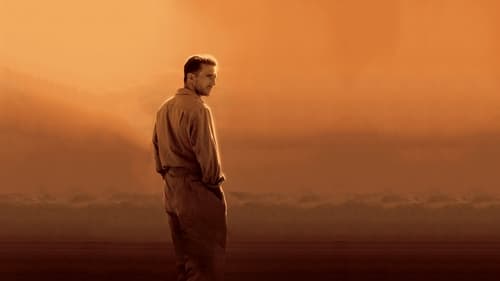
Numa villa italiana, arruinada após o fim da Segunda Guerra Mundial, uma enfermeira militar do exército canadiano cuida de um aviador britânico desconhecido, que teve queimaduras generalizadas quando o seu avião foi abatido. Assim, aos poucos, ele começa a narrar o grande envolvimento que teve com a mulher do seu melhor amigo e de como este amor, fortemente correspondido, acabou da pior maneira.
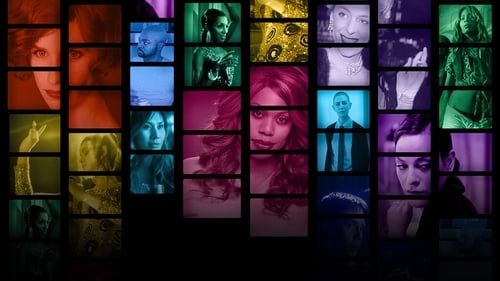
Neste documentário, nomes influentes da arte e do pensamento transgêneros analisam o impacto de Hollywood na comunidade trans.
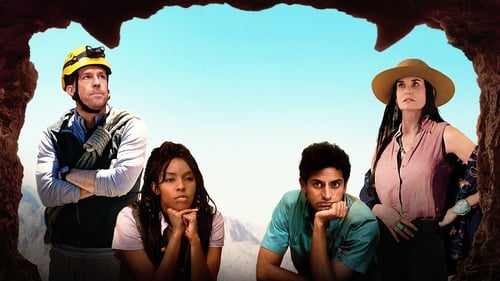
Uma CEO egoísta e megalomaníaca lidera sua equipe em uma viagem corporativa que envolve um fim de semana de escavação no Novo México. Quando eles ficam presos no subsolo após um desmoronamento, o grupo deve se unir para sobreviver.
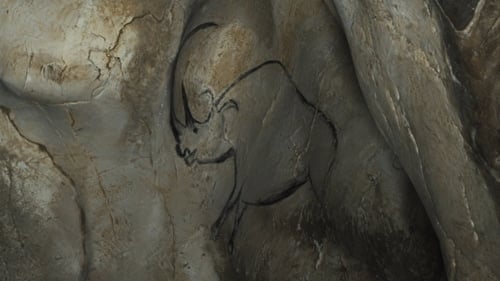
O célebre diretor Werner Herzog nos leva em uma aventura incrível, indo aos limites de um lugar extraordinário. Superando desafios consideráveis, Herzog registra a impressionante imponência da caverna de Chauvet, no sul da França, onde foram descobertas as mais antigas pinturas rupestres do mundo. Herzog revela um mundo subterrâneo de tirar o fôlego, incluindo obras de arte com 32 mil anos de idade com seu estilo inigualável. Com sua narração bem-humorada e envolvente, Herzog reflete sobre o nosso desejo primordial em se comunicar e representar o mundo à nossa volta, a evolução e o nosso lugar nela, e, em última instância, o que significa ser humano. Werner Herzog, de 68 anos, realizou um sonho de infância. Ainda menino, arranjou trabalho só para comprar um livro sobre pinturas rupestres, e o seu sonho virou realidade quando ele teve acesso à caverna de Chauvet-Pont-d'Arc, descoberta na década de 90, com mais de 400 pinturas rupestres.

Uma introdução hilária, usando como exemplos alguns dos melhores filmes da história, às idéias do filósofo e psicanalista esloveno Slavoj Žižek sobre subjetividade pessoal, fantasia e realidade, desejo e sexualidade.
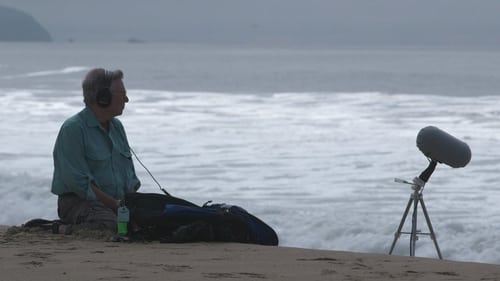
Como o design de som cria a mágica de um filme? Entrevistas com George Lucas, David Lynch e os sound designers de Star Wars, Indiana Jones e Apocalypse Now.

Deep Throat, a pornographic film directed by Gerard Damiano, a film-loving hairdresser, and starring Linda Lovelace, a shy girl manipulated by a controlling husband, was released in 1972 and divided audiences, who began to talk openly about sex, desire and female pleasure; but also about violence and abuse; and about pornography, until then an almost clandestine industry, as a revolutionary cultural phenomenon.
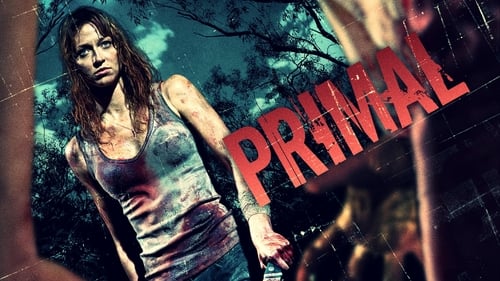
Anja and five friends join anthroplogy student, Dace, on a journey to study a remote, ancient rock painting. Their excitement vanishes when Mel becomes delirious after skinny-dipping in the waterhole. Feverish, bleeding, confused, she physically and mentally regresses to a vicious predatory state. Mel has gone primal. Mel’s lover and friends realise they are the prey as she savagely hunts them down. Before they can escape another one of them starts to regress, posing a hideous choice; kill their friends or be killed by them. Their only hope of survival is through a cave, where Anja learns too late the meaning of the ancient rock art they came to study.
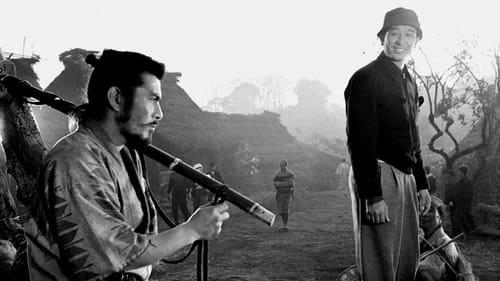
An account of the life and work of legendary Japanese actor Toshirō Mifune (1920-97), the most prominent actor of the Golden Age of Japanese cinema.
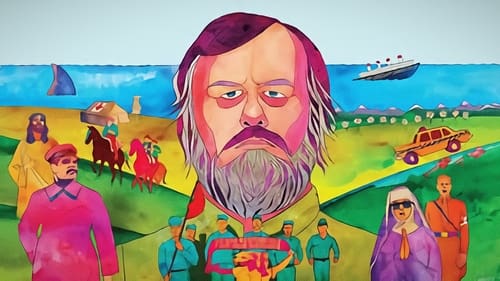
Uma viagem ao coração labiríntico da ideologia, que molda e justifica tanto crenças e práticas coletivas quanto pessoais: com um zelo contagiante e apetite voraz pela cultura popular, o filósofo e psicanalista esloveno Slavoj Õizek analisa vários dos filmes mais importantes da história do cinema para explicar como a narrativa cinematográfica ajuda a reforçar a ética e as idéias políticas prevalecentes.
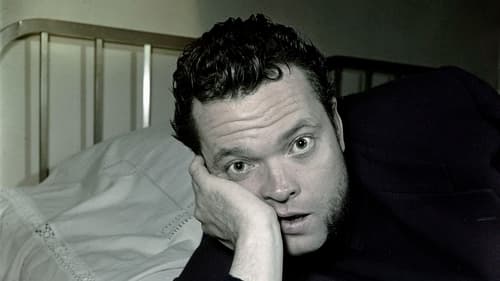
Uma viagem poética ao mundo visual do lendário cineasta e ator Orson Welles (1915-85) que revela um novo retrato de um gênio único, tanto de sua vida quanto de sua monumental obra: através de seus próprios olhos, desenhados por sua própria mão, pintados com seu próprio pincel.
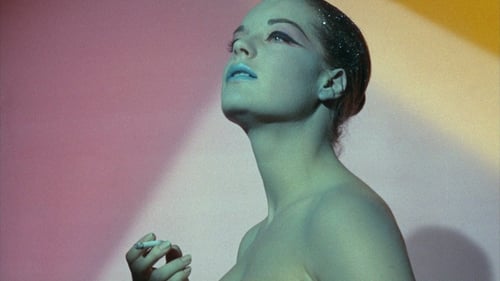
In 1964, Henri-Georges Clouzot's production of L'Enfer came to a halt. Despite huge expectations, major studio backing and an unlimited budget, after three weeks the production collapsed. This documentary presents Inferno's incredible expressionistic original rushes, screen tests, and on-location footage, whilst also reconstructing Clouzot's original vision, and shedding light on the ill-fated endeavor through interviews, dramatizations of unfilmed scenes, and Clouzot's own notes.
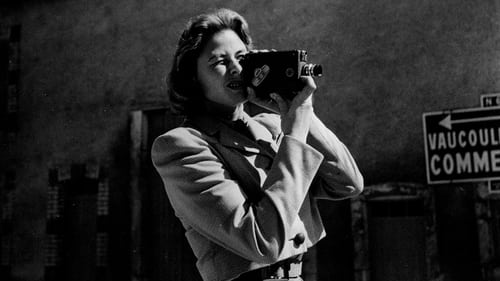
Um relato pessoal e cativante da extraordinária vida e obra de Ingrid Bergman (1915-82), uma jovem sueca que se tornou uma das atrizes mais célebres do cinema mundial.
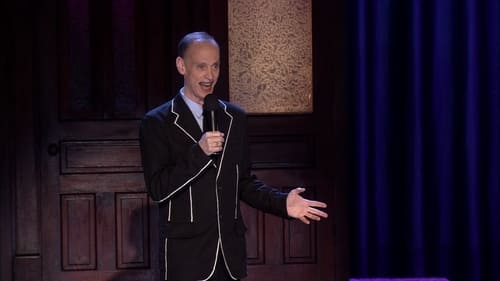
O monólogo de John Waters celebra a carreira cinematográfica e as obsessões do homem que William Burroughs uma vez chamou de "O Papa do Trash." Waters fala de seus filmes, de suas influências artísticas e de seu fascínio pelo crime, pelo cinema exploitation e pelo mundo da arte contemporânea.
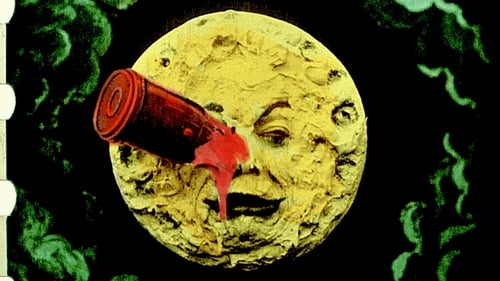
An account of the extraordinary life of film pioneer Georges Méliès (1861-1938) and the amazing story of the copy in color of his masterpiece “A Trip to the Moon” (1902), unexpectedly found in Spain and restored thanks to the heroic efforts of a group of true cinema lovers.
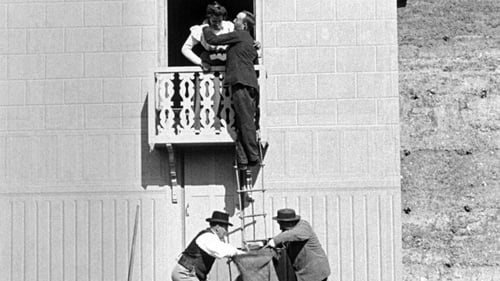
Em março de 1895, os irmãos Louis e Auguste Lumière eternizaram-se na história ao capturarem as primeiras imagens em movimento no aparelho que haviam inventado: o cinematógrafo. Neste documentário são contempladas algumas de suas obras, os primeiros passos dados para o nascimento da sétima arte.
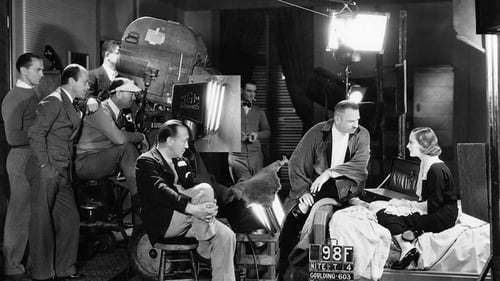
Cameramen and women discuss the craft and art of cinematography and of the "DP" (the director of photography), illustrating their points with clips from 100 films, from Birth of a Nation to Do the Right Thing. Themes: the DP tells people where to look; changes in movies (the arrival of sound, color, and wide screens) required creative responses from DPs; and, these artisans constantly invent new equipment and try new things, with wonderful results. The narration takes us through the identifiable studio styles of the 30s, the emergence of noir, the New York look, and the impact of Europeans. Citizen Kane, The Conformist, and Gordon Willis get special attention.
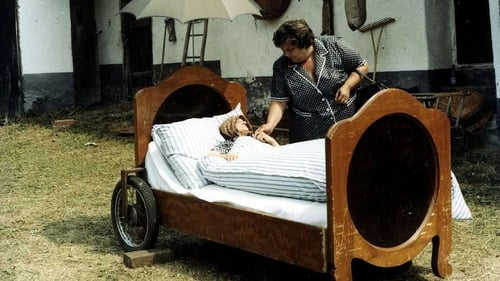
A Czech agricultural student, Šimon Plánička, arrives at the small South Bohemian town of Hoštice, and joins the local JZD (agricultural co-op) with the intention of trying out his experiment regarding the "Milk yield of cows in regards to a cultured environment". He runs into difficulty with the directorship of the JZD, but he finds them eager to help once they hear he's the son of the local agricultural commissioner, as his last name is also Plánička. Blažena Škopková is given the task of finding out how things are looking. However everything is complicated by the jealousy of Blažena's boyfriend Venca.
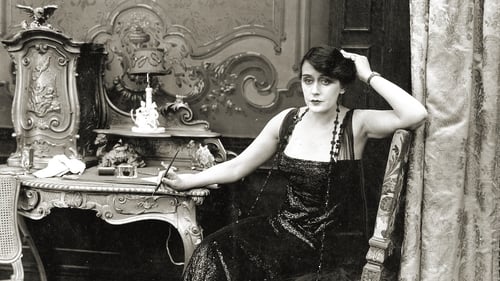
Quando Alice Guy-Blaché terminou seu primeiro filme em 1896, em Paris, ela não era apenas a primeira cineasta mulher, mas também uma das primeiras diretoras de cinema a fazer um filme narrado. Be Natural segue sua trajetória, desde secretária na Gaumont até sua indicação como Diretora de Produção em 1897, e sua subsequente carreira de sucesso de 20 anos na França e nos Estados Unidos, como fundadora de seu próprio estúdio, além de roteirista, diretora e/ou produtora de mil filmes - e depois completamente apagada da história. Até agora.
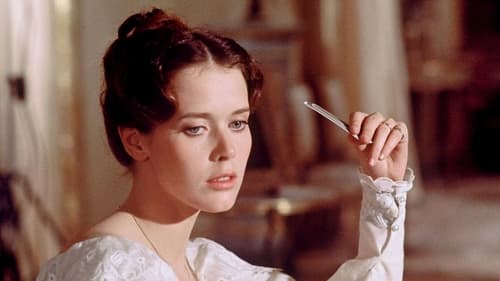
France, 1974. The erotic film Emmanuelle, directed by Just Jaeckin, breaks all records for cinema attendance: the story of the creation of a sensual epic that marked a turning point in the struggle for sexual emancipation.




















